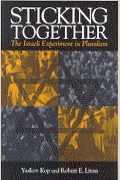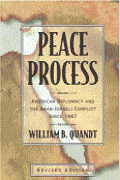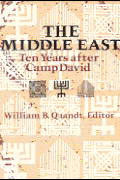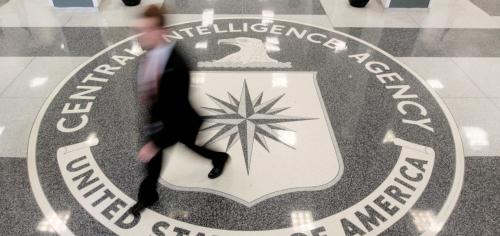 Fifty years after the 1967 Arab-Israeli war, my colleagues who specialize in the Middle East are examining its many legacies for the region today. Here, I highlight the exceptional nature of the war itself in the history of modern warfare, as well as the danger that the wrongheaded expectation of quick wins can tempt parties into wars they might have otherwise avoided.
Fifty years after the 1967 Arab-Israeli war, my colleagues who specialize in the Middle East are examining its many legacies for the region today. Here, I highlight the exceptional nature of the war itself in the history of modern warfare, as well as the danger that the wrongheaded expectation of quick wins can tempt parties into wars they might have otherwise avoided.
In short, I see the 1967 war as a classic example—perhaps the classic example—of how ingenious, well-executed plans can produce a sudden and low-cost victory. In a mere six days, Israel destroyed two-thirds of the Egyptian air force and seized the Sinai Peninsula and Gaza Strip from Egypt, East Jerusalem and the West Bank from Jordan, and the Golan Heights from Syria. In so doing, fewer than 1,000 Israelis were killed—a fraction of the casualties suffered by its Arab opponents.
Israel’s performance was a modern validation of Sun Tzu, who taught political leaders and military strategists in the sixth century BC to look for ways to win quickly and with minimal bloodshed—and in fact, ideally, to win by outmaneuvering the enemy such that he would not fight at all. The six-day war did not quite achieve that standard, but it came as close as anything in modern times.
The truth is that “lightning victories” are extremely rare. In spite of that, many leaders regularly seem to expect them. See: both sides in the American Civil War (to say nothing of the American Revolution), all sides in World War I, the Soviets in the 1939-1940 Winter War against Finland, Israeli involvement in Lebanon in the 1980s, and America in much of the warfare of this century. As the historian Geoffrey Blainey, among others, teaches us, in most wars at least one side has initial hopes for a quick win, based on some new theory of the case, an entrepreneurial military concept, a novel weapon, or a conviction about its inherent superiority as a government or nation.
But the world risks becoming a bit more dangerous every time the “lightning victory” concept is validated: Observers think they can replicate it, but the “victory” often turns out to be short-lived. Take the following examples, in which quick wins proved transitory at best:
-
- Germany did well with blitzkrieg against Poland and France, but ran out of steam, and left itself badly overexposed, when it attempted the same kind of maneuver against the enormous Soviet landmass.
-
- Japan executed one of the great surprise attacks of all time in December 1941, on Pearl Harbor. But it only took out part of the U.S. fleet—and hardened American resolve enormously. Perhaps the Japanese were thinking too much about Sun Tzu and not enough about Clausewitz, the great Prussian scholar of two centuries ago, who warned that war (beyond being an extension of politics, has a “fog” all its own) aroused deep human passions that are not quickly quelled once stimulated. Thucydides would have made the same point in writing about the Peloponesian wars several centuries before Christ.
-
- The Battle of Inchon in South Korea was a great operational success until it led to American overconfidence and carelessness about the ability to keep China out of the Korean War no matter how far north U.S. forces moved on the peninsula.
-
- Israel’s hostage-rescue mission in Uganda, Operation Entebbe, was a success. But of course it was a limited raid with limited purposes. And perhaps indirectly it even fostered a certain Israeli self-confidence that contributed to flawed assumptions about a Lebanon intervention a few years later.
-
- Little need be said about how quick American-led wins in Afghanistan in 2001 and Iraq in 2003 proved to be highly misleading, if viewed as decisive victories rather than tactical or temporary battlefield successes. Or maybe the better way to put it is the Clausewitzian phrase that even victory is a wasting asset. Even when impressive, and seemingly conclusive, it is rarely the end of the story—politics tends to have its revenge in some broader, longer-term way.
Sun Tzu was a great military thinker, and the 1967 war was an impressive achievement. But in the end, Thucydides and Clausewitz understood more about the human condition, and thus the nature of war, than did the great Chinese theorist. And military victories like that in the Six-Day War are highly unrepresentative of the nature of combat.
The Brookings Institution is committed to quality, independence, and impact.
We are supported by a diverse array of funders. In line with our values and policies, each Brookings publication represents the sole views of its author(s).










Commentary
Sun Tzu, Clausewitz, and the 1967 War
May 30, 2017